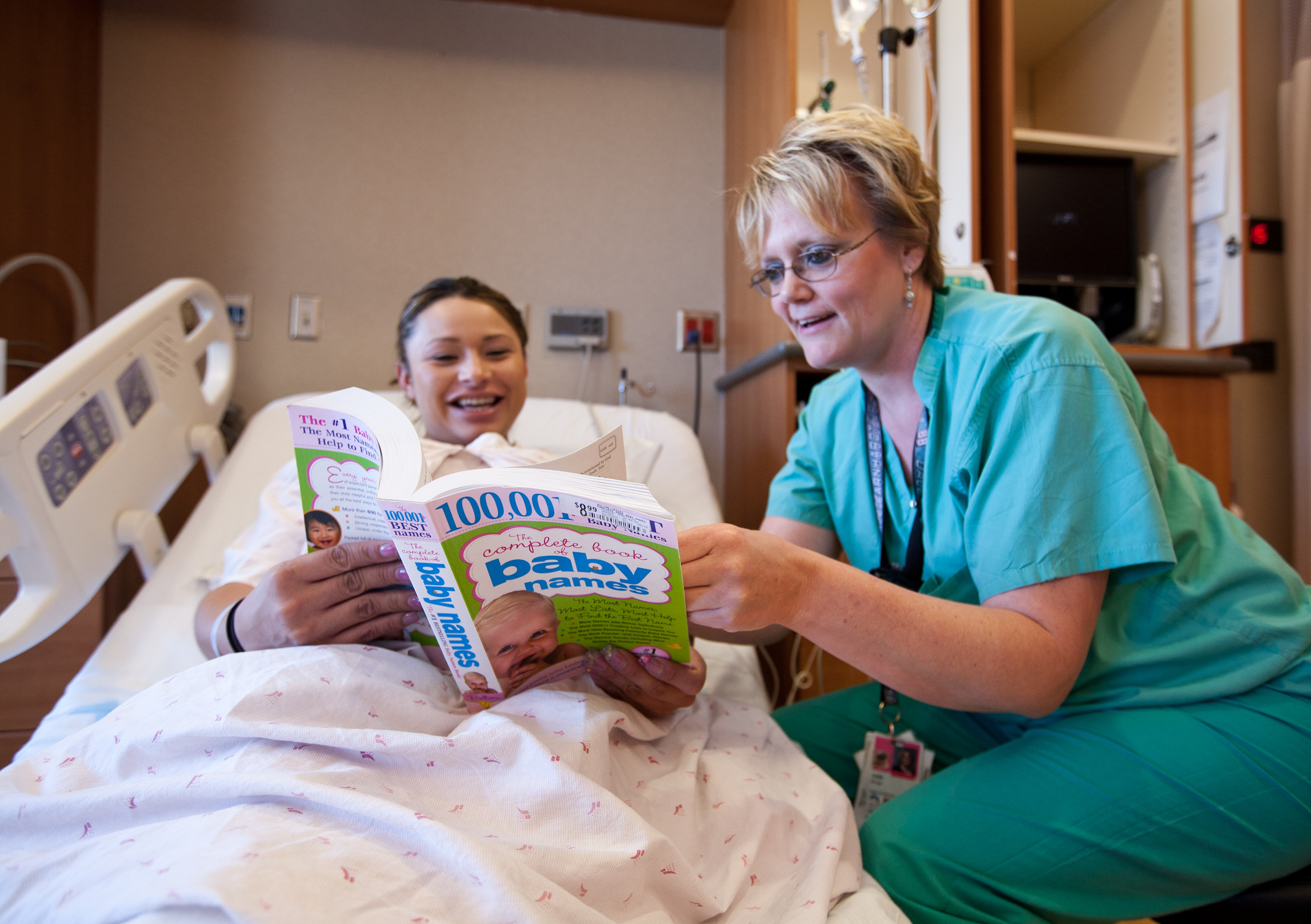When your pregnancy test comes back positive, you may have a mixed bag of feelings. Some moms take to Instagram immediately to post their first "pregnancy glow" photo. Others prefer to tell just their partner and close loved ones.
But not every woman feels like celebrating a pregnancy right away—or ever—for a variety of reasons. Some might want to wait to find out the baby's gender or until their pregnancy is further along (especially if they had a bad experience previously). Others might not be happy about being pregnant and considering termination or other options.
There is no right time or wrong time to announce your pregnancy. It's your personal decision whether or when to tell others.
If you’re excited about being pregnant and trying to decide when to share your news, there are a few things to consider. And if you're not, you have options about what to say and when.
If you're excited about being pregnant
Miscarriage risk declines after the first trimester
Many moms wait until after the first trimester to announce a pregnancy:
- About 80% of miscarriages occur in the first trimester.
- The risk of miscarriage drops in the second trimester.
- Many women wait to potentially avoid having to tell loved ones about a miscarriage.
No matter what you decide, it’s important to know that most miscarriages are caused by chromosomal problems. That means the baby doesn’t develop properly from the very first meeting of the egg and sperm. That is in no way a mother’s fault and usually does not happen again. Miscarriage is common—1 in 4 women have had a miscarriage.
Second-trimester screenings: Birth defects, gender
Around 11 weeks of pregnancy, if you are over age 35 or have risk factors such as a history of a child with genetic problems or a family history of genetic problems, you'll be offered a simple blood test, noninvasive prenatal testing (NIPT).
If you are under 35 and do not have risk factors, you will usually be offered first trimester screening first, which actually works better than the NIPT for lower-risk women. However, first trimester testing does not tell you the baby's gender.
NIPT, on the other hand, can determine gender earlier than ultrasound. It helps determine the risk of disorders caused by an extra or missing copy of a chromosome, such as:
- trisomy 21 (Down syndrome)
- trisomy 18 (Edwards syndrome)
- trisomy 13 (Patau syndrome)
The first trimester screening also looks for risk of open neural tube defects like spina bifida, which NIPT does not. So, if you have NIPT, you should also get a blood draw for a maternal hormone that helps us look for that risk.
Between 18 and 20 weeks of pregnancy, an ultrasound may be able to confirm whether you are having a boy or girl. Some patients like to wait until they know so they can do a themed pregnancy or gender reveal.
The 18- to 20-week ultrasound also measures your baby's size and organ development. The ultrasound can reassure you that everything looks fine or alert the provider to a potential problem. If your genetic testingor ultrasound suggest something may be wrong with your pregnancy, we will talk with you about your options.
It can be devastating to learn something may be wrong with your baby. Depending on the condition, there may be extremely difficult choices to make. This could include the very personal decision of whether you feel you are able to raise a special needs child or would want to carry to term a baby that will likely die soon after birth. No matter what you choose, we will guide and support you.
Some parents prefer to wait to announce they're expecting until after they learn about the health of the pregnancy. However, if loved ones already know about the pregnancy, patients may find comfort in the support of family and friends.
Severity of morning sickness
The first trimester can be tough thanks to morning sickness, which causes symptoms such as nausea, vomiting, and fatigue. If you find it tough to "hide" your symptoms, letting a few trusted loved ones know you're pregnant may reduce your stress.
If your job puts your health in harm's way, you might consider talking with your employer about changing your duties during pregnancy. Your employer is required to provide you with reasonable accommodations if you can't safely do your job while pregnant.
Ready to announce? Be safe!
A long list of "gender-reveal parties gone wrong" have topped the news lately. If you're celebrating a pregnancy or gender-reveal, please don't take risks. Avoid homemade smoke bombs or anything fire-related.
Try color-coded cupcakes instead. Or do what I did for my last pregnancy announcement and gender reveal: post a photo of the ultrasound or pop a balloon with recycled, colored confetti!
If you aren't excited about being pregnant
When I tell a patient she is pregnant, I always ask how she feels about it before offering congratulations. Nearly half of pregnancies are unplanned. Even if a woman is trying to get pregnant, seeing that positive test can stir up a lot of emotions in the moment.
Some women may be nervous about telling the father about the baby. It’s up to you if and when you tell them. Above all, we want you and your baby to be safe. If that is a concern, we can help direct you to the appropriate resources and support.
If you are not ready to be a parent, or if you do not want to keep the pregnancy, UNM Hospital offers adoption center connections as well as pregnancy termination care services and follow-up support. Your OB/Gyn or midwife will discuss your options with you and support you through the process.
Related reading: Expecting unexpectedly? You have options

